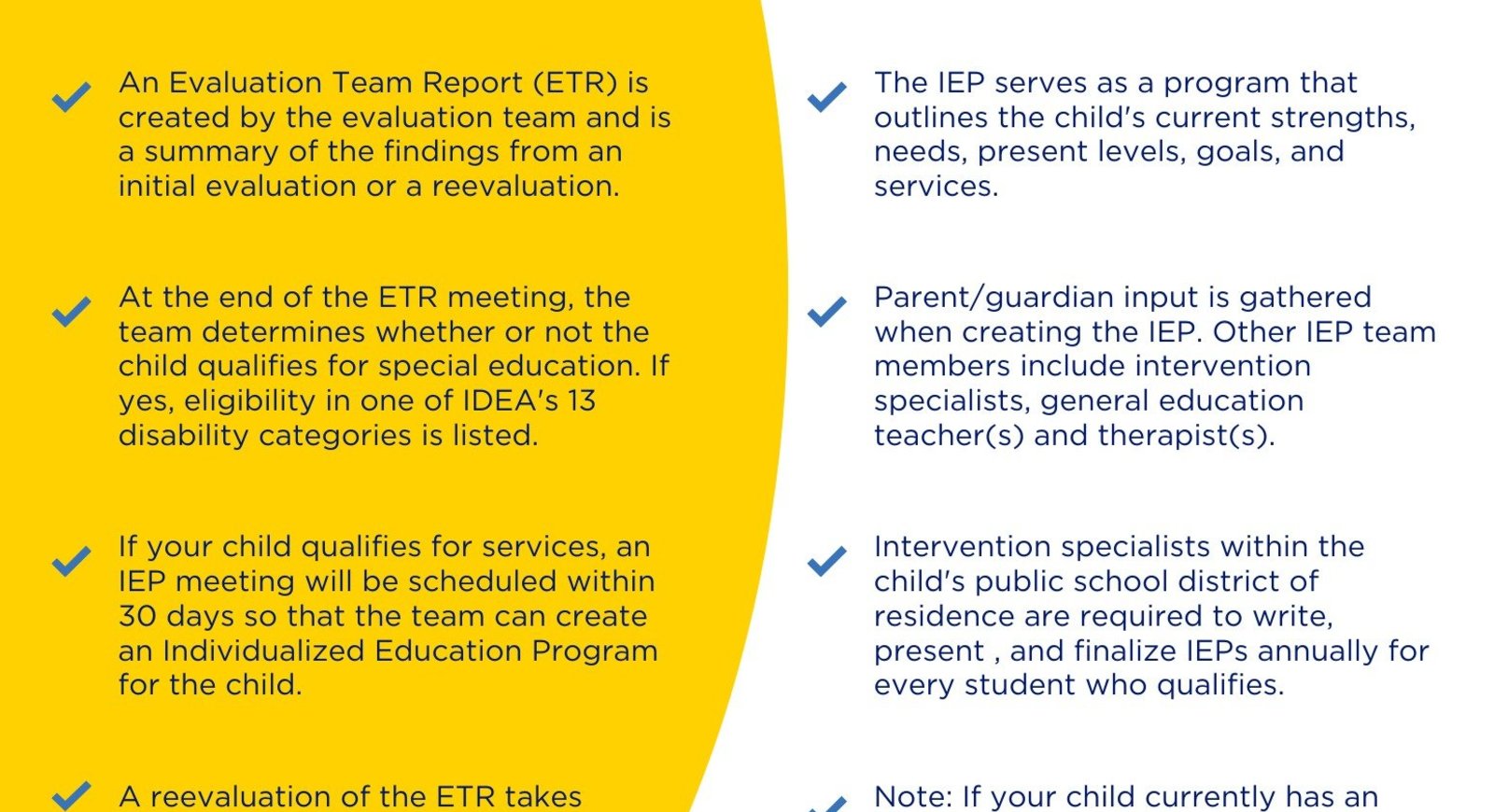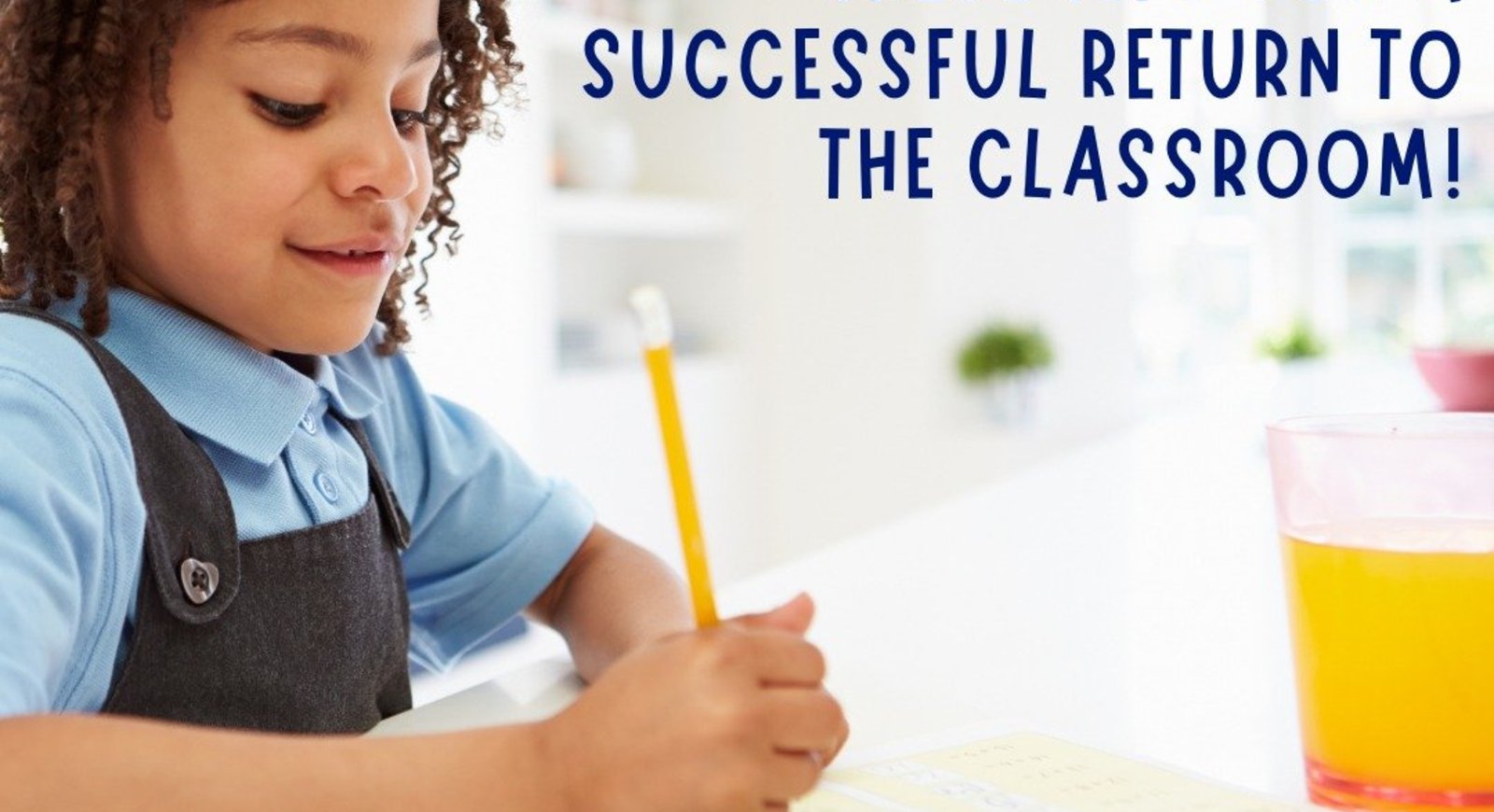 My kids love everything about JB and look forward to going to school every day and seeing their friends and teachers. JB is truly a one of a kind school enriching young lives everyday.
My kids love everything about JB and look forward to going to school every day and seeing their friends and teachers. JB is truly a one of a kind school enriching young lives everyday. 
JB Parent
Now enrolling!
Apply today for the 2025-26 and 2026-27 school years!
Apply today for the 2025-26 and 2026-27 school years!
Apply today for the 2025-26 and 2026-27 school years!
Apply today for the 2025-26 and 2026-27 school years!
Apply today for the 2025-26 and 2026-27 school years!
Apply today for the 2025-26 and 2026-27 school years!
Apply today for the 2025-26 and 2026-27 school years!
Apply today for the 2025-26 and 2026-27 school years!
Apply today for the 2025-26 and 2026-27 school years!
Apply today for the 2025-26 and 2026-27 school years!
Apply today for the 2025-26 and 2026-27 school years!
Apply today for the 2025-26 and 2026-27 school years!
Apply today for the 2025-26 and 2026-27 school years!
Apply today for the 2025-26 and 2026-27 school years!
Apply today for the 2025-26 and 2026-27 school years!
Apply today for the 2025-26 and 2026-27 school years!
Apply today for the 2025-26 and 2026-27 school years!
Apply today for the 2025-26 and 2026-27 school years!
Apply today for the 2025-26 and 2026-27 school years!
Apply today for the 2025-26 and 2026-27 school years!
Apply today for the 2025-26 and 2026-27 school years!
Apply today for the 2025-26 and 2026-27 school years!
Apply today for the 2025-26 and 2026-27 school years!
Apply today for the 2025-26 and 2026-27 school years!
Apply today for the 2025-26 and 2026-27 school years!
Apply today for the 2025-26 and 2026-27 school years!
Apply today for the 2025-26 and 2026-27 school years!
Apply today for the 2025-26 and 2026-27 school years!
Apply today for the 2025-26 and 2026-27 school years!
Apply today for the 2025-26 and 2026-27 school years!
Apply today for the 2025-26 and 2026-27 school years!
Apply today for the 2025-26 and 2026-27 school years!
Apply today for the 2025-26 and 2026-27 school years!
Apply today for the 2025-26 and 2026-27 school years!
Apply today for the 2025-26 and 2026-27 school years!
Apply today for the 2025-26 and 2026-27 school years!
Apply today for the 2025-26 and 2026-27 school years!
Apply today for the 2025-26 and 2026-27 school years!
Apply today for the 2025-26 and 2026-27 school years!
Apply today for the 2025-26 and 2026-27 school years!
Apply today for the 2025-26 and 2026-27 school years!
Apply today for the 2025-26 and 2026-27 school years!
Apply today for the 2025-26 and 2026-27 school years!
Apply today for the 2025-26 and 2026-27 school years!
Apply today for the 2025-26 and 2026-27 school years!
Apply today for the 2025-26 and 2026-27 school years!
Apply today for the 2025-26 and 2026-27 school years!
Apply today for the 2025-26 and 2026-27 school years!
Apply today for the 2025-26 and 2026-27 school years!
Apply today for the 2025-26 and 2026-27 school years!
Campuses
Welcome to Julie Billiart Schools, a family of K-8 coeducational, catholic schools for children with learning and social differences.
OverviewInterested in Enrollment?
Take the Next Step
Wednesday, August 05, 2020
Back-to-school season can generate a lot of nervous energy for children of all ages, from preschool to high school. Here are three key tips for parents to remember while working with agitated, anxious children who are not looking forward to the new school year, no matter their ages.
1. Accept your child's feelings as true and valid.
It doesn't help to tell your child how or how not to feel, like 'Don't be scared' or 'There's nothing to be worried about.' It's disrespectful to your child, and worse — it doesn't work.
2. Acknowledge the feeling, and then move toward action.
Emphasize the fact that children can do something about their emotions. The point isn't actually about how you feel, it's about how you behave. Ask your child what might help them feel more comfortable.
3. Remember the life skill you're teaching here.
This isn't about getting your child on the bus or in the door that first day with as little trauma as possible. This process is about learning what works and doesn't to help your child with all the 'firsts' they'll encounter in the years to come. The coping skills you give your kids now are skills they can use forever, long after graduation. Life is full of first days. You're helping them figure out how to manage their feelings and still thrive. And if they don't rock it this year, that's OK. Learning skills takes time and practice. Age-specific suggestions for parents, based on the worries that plague the specific age sets.
Most of their focus is on being away from you. So ask, 'What makes you feel better when we're not together for a little while?' Then try to put one or more of those strategies into play.
For this age, the focus for children is often on a change in their setting and schedule. Try reading books about kindergarten and going to see the physical space they will be in to build familiarity with location and routine.
Change is hard, and this next grade will have lots of differences from last year’s. Ask your child what they already know — or think they know — about this grade and what they think will be hard. Then you can brainstorm strategies together to manage the rough spots.
For middle schoolers, it's all about their social world. Encourage your child to do what they can to connect with friends before school starts so they can go in feeling solid. Having a few strong connections — even if they don't end up in classes together — will make the roughest times, like lunch and before or after school, feel more manageable.
Talk about pressure. These are the years when students feel the heat about what courses they're taking and how they do in them, and if they play sports and participate in extracurricular activities and how they 'measure up. As their parent, make sure you're not the biggest stressor, and ask them to set reasonable expectations for themselves. Talk about their goals. This will give you some context for their experience and help you mentor them without getting too involved in the day-to-day details of their lives.

Breaking Down ETRs and IEPs: Guiding Families Through The Special Education Journey
Jan 12, 2022
When it comes to the special education process, acronyms like IEP, IDEA, FAPE, and ETR describe the ...
Continue Reading
Gearing Up For Summer
Aug 05, 2020
As Memorial Day approaches and marks the official start to Summer, here are a few safety (and sanity...
Continue Reading
5 Tips For a Successful Return to School
Jul 05, 2021
The end of summer vacation is bittersweet. On one hand, the resumption of school can be an intimidat...
Continue Reading